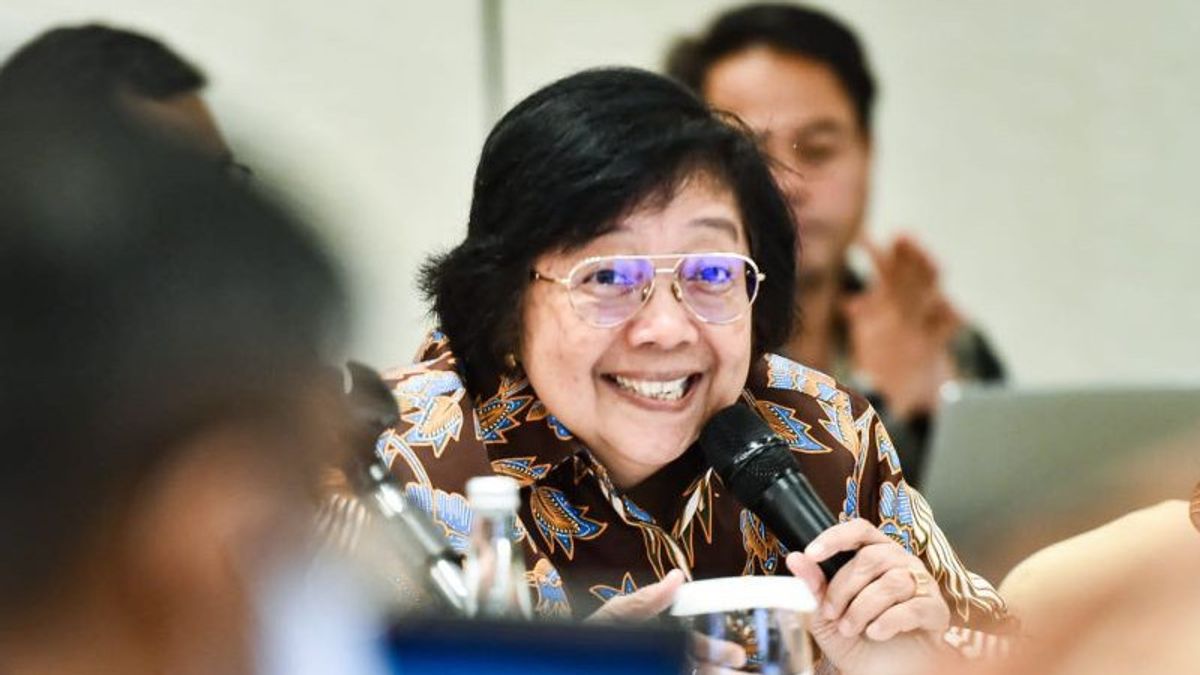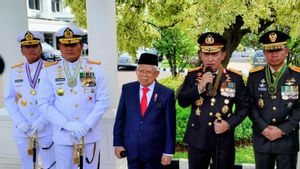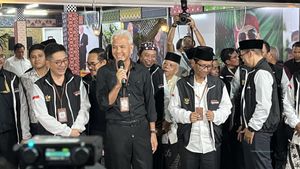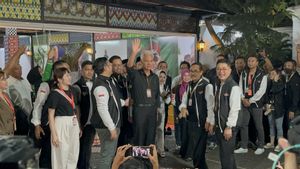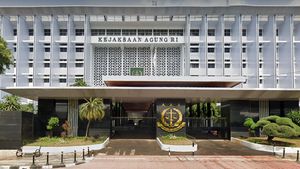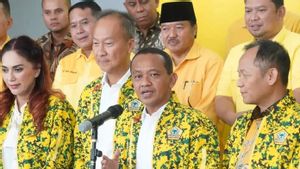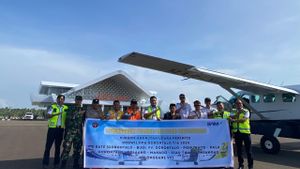JAKARTA - Minister of Environment and Forestry (LHK) Siti Nurbaya Bakar held a meeting with 20 Professors and Deans of the Faculty of Forestry, Gadjah Mada University (UGM) to discuss the topic of sustainable forestry development in Indonesia.
"We are here to jointly look at the forestry development paradigm and things that may be identified as reorientation," said Siti, starting the meeting in Jakarta, reported by ANTARA, Tuesday, November 14.
He said that the reorientation of the paradigm of sustainable forestry development in Indonesia is currently important to form a formulation so that it becomes an important note for future forestry management, including national level forestry plans or RKTN.
From the meeting, Minister Siti conveyed a number of notes. First, in orientation green manufacturing. He said that in the end it became something important and became the foundation of the ministry going forward.
The Presidential Regulation regarding the integrated development area with a social forest base now exists. In fact, the government has positioned the national park as the center or source of regional economic growth and is an example of the right income distribution, such as Komodo National Park and Mount Ciremai National Park.
"In my opinion, such things are the umbrella of large green manufacturing, including bioprospecting, forest products, not wood, bamboo, and so on. That's all the direction if we give a large umbrella called green manufacturing," said Siti.
Minister Siti also encouraged the development of the Agroforestry Nusantara era as a feature of Indonesian forest management.
With a green manufacturing approach, he asked to be developed and studied about Borneo River Basin with the character of Kalimantan and all the existing potential and disturbances to the Borneo ecosystem and forest covering an area of 23 million hectares.
Professor of Gadjah Mada University, San Afri Awang said that his party appreciated various things that had been carried out by the Ministry of Environment and Forestry. Many things have been done, including breakthroughs through corrective actions, and other programs from the Ministry of Environment and Forestry for nine years.
"For things like that, it doesn't feel like we need to discuss it, but things that we really need to develop in the future," said Awang.
اقرأ أيضا:
He highlighted seven points on the national level forestry plan, namely the preparation of a macro forestry implementation plan, the preparation of a provincial level forestry plan, the preparation of forestry management plans at the forest management unitary level.
Then, the preparation of forestry development plans, the preparation of forest utilization business work plans, coordination of long and medium-term planning between sectors; as well as controlling forestry development activities.
"So, we need to look at the context of the seven points, whether they are really in accordance with the RKTN, otherwise we have to find a way out, regarding these powers, including with the decentralization that has been running," said Awang.
The English, Chinese, Japanese, Arabic, and French versions are automatically generated by the AI. So there may still be inaccuracies in translating, please always see Indonesian as our main language. (system supported by DigitalSiber.id)
